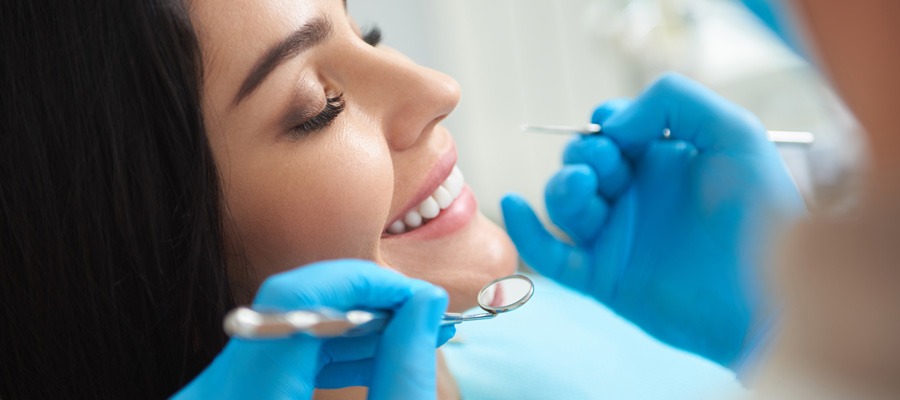As well as regularly visiting your dentist, hygiene appointments should also be an essential part of your dental care. Hygienists are qualified members of the dental team who focus on preventing and treating gum disease by promoting good oral hygiene.
What is gum disease?
Plaque is the sticky layer that builds up on our teeth daily and which can harbour harmful bacteria. If allowed to accumulate, it can harden and form tartar, which can add to the vulnerability of the teeth as its rough surface will attract even more plaque. If tartar forms at the gum line, the early stage of gum disease (gingivitis) can occur, which can cause inflammation of the gums.
If not treated, gum disease can lead to recession of the gums. This can cause pockets to develop as the gum moves away from the tooth and can eventually lead to loosening of the teeth. The cleaner your teeth, the less likely you are to develop gum disease.
What happens during a hygiene appointment?
A chief part of a hygienist’s role is to carry out a ‘scale and polish’ to remove any build-up of plaque and tartar.
During a ‘scale and polish’, the hygienist uses specially designed implements to remove tartar from the tooth surface and underneath the gum line. When all the surfaces are clean, they polish teeth with a gritty paste, leaving them feeling smooth and silky. If gum disease has progressed beyond the early stages, a hygienist can remove tartar from the root surface to smooth the area and reduce inflammation of the gum tissue.
Hygienists also offer helpful hygiene advice and demonstrate how to keep your teeth plaque-free with toothbrushes, interdental brushes and floss. In addition, they provide dietary and smoking cessation advice.
Frequently Asked Questions
- Prevent gum disease
- Prevent tooth decay
- Improve your breath
- Make your teeth look whiter
- Improve your overall oral health




